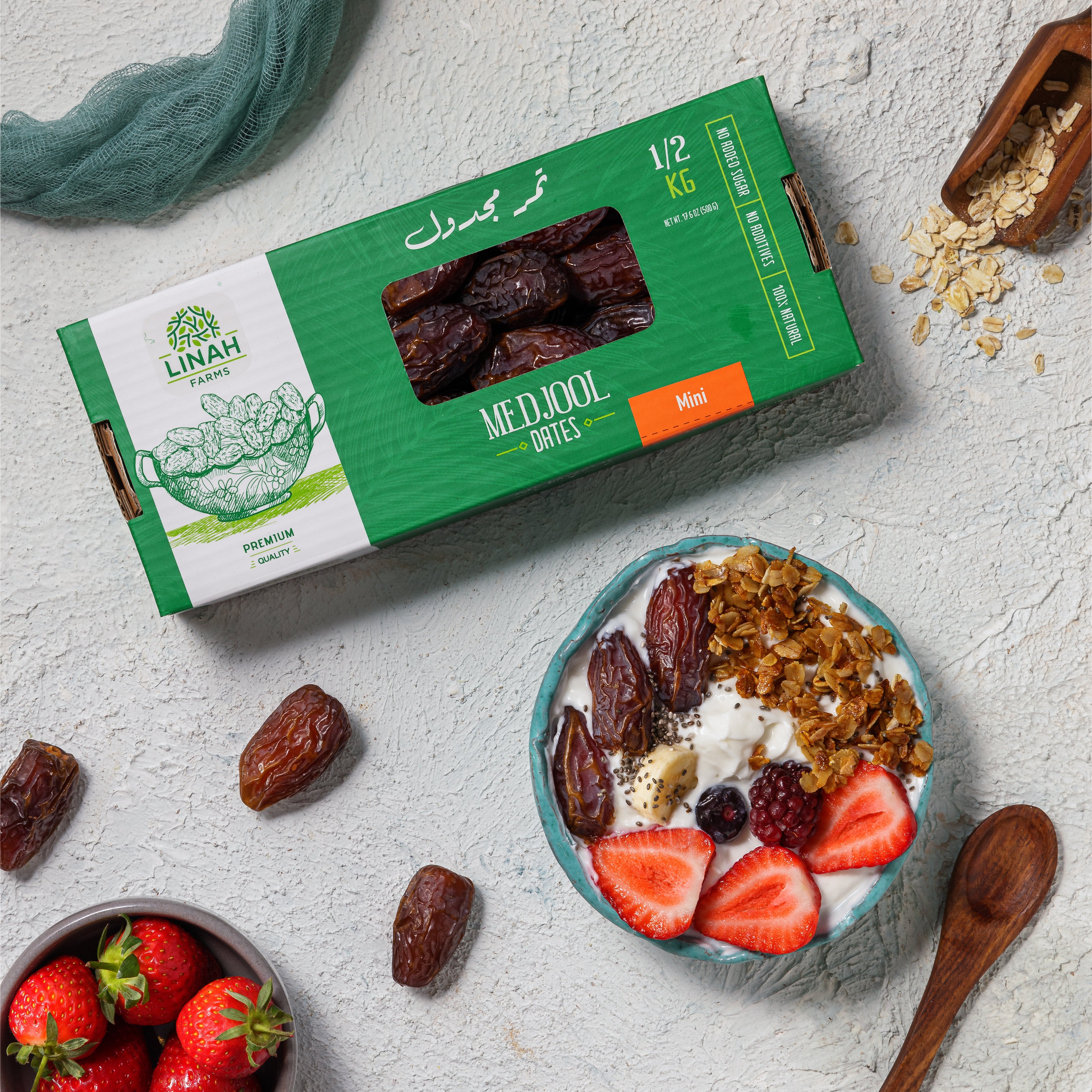The day fruit, especially kurma (dates), has actually been a staple in numerous societies, especially between East and North Africa. Its popularity has actually grown worldwide, leading to an expanding wholesale market, generally referred to as "borong kurma." This write-up looks into the principle of borong kurma, discovering its relevance, market characteristics, and the aspects that affect rates and demand.
The Beginnings of Kurma
Days are among the oldest cultivated fruits on the planet, with proof dating back to ancient Mesopotamia. The day hand, known as Phoenix metro dactylifera, prospers in dry climates, making it an ideal crop for desert areas. Kurma, particularly selections like Medjool, Ajwa, and Mazafati, have ended up being icons of sustenance and friendliness.
The Increase of Borong Kurma
The rise in need for days has actually changed the kurma market into a rewarding organization. The principle of borong kurma refers to the wholesale purchase of days, enabling retailers and customers to purchase in bulk at discounted costs. This technique is particularly popular throughout Ramadan, where dates play a substantial role in damaging fasts.
Key Players in the Borong Kurma Market
1. Farmers and Producers: Regional farmers cultivate different day varieties, with a concentrate on high quality and lasting techniques. They often market their fruit and vegetables to dealers, that deal with circulation.
2. Dealers: These middlemans acquisition big amounts of dates from farmers and market them to merchants or straight to consumers. Wholesalers commonly have established connections with farmers, guaranteeing a regular supply.
3. Retailers: Grocery stores, specialized stores, and online platforms are the primary retailers of kurma. bulk dates purchase from dealers and use customers a variety of day items.
4. Consumers: The end-users of kurma include individuals, dining establishments, and catering services. The increasing health consciousness has led to enhanced customer rate of interest in days as a healthy and balanced treat alternative.
Factors Influencing the Borong Kurma Market
1. Seasonality: Days have particular harvesting seasons, mainly during late summer to early autumn. This seasonality affects supply, rates, and demand.
2. Quality and Range: The market varies, with different ranges providing special flavors and textures. Premium varieties like Ajwa and Medjool have a tendency to command higher costs.
3. Wellness Trends: With an enhancing emphasis on health and wellness, dates are gaining appeal as a natural sugar and healthy snack. This trend drives need in both wholesale and retail markets.

4. Cultural Significance: Days hold cultural value, particularly during Ramadan. The demand spikes throughout this period, making borong kurma a crucial organization for numerous dealers.
Obstacles in the Borong Kurma Market
1. Competition: The growing appeal of dates has actually brought about enhanced competition among dealers. Distinguishing quality and prices is crucial for success.
2. Supply Chain Issues: Dealers need to navigate intricate supply chains, including logistics, storage, and circulation obstacles. Ensuring the freshness and quality of dates throughout transport is important.
3. Market Fluctuations: Rates can change based upon supply, need, and economic conditions. Wholesalers should adapt to these adjustments to stay successful.
4. Consumer Preferences: Changing customer preferences and dietary patterns can impact the marketplace. Dealers must stay notified and adapt their offerings as necessary.
Verdict
Borong kurma is an important component of the date market, attaching producers with customers. As the demand for dates remains to climb, recognizing the complexities of this market comes to be progressively crucial for stakeholders. By resolving difficulties and profiting from chances, wholesalers can prosper in this vibrant industry.
